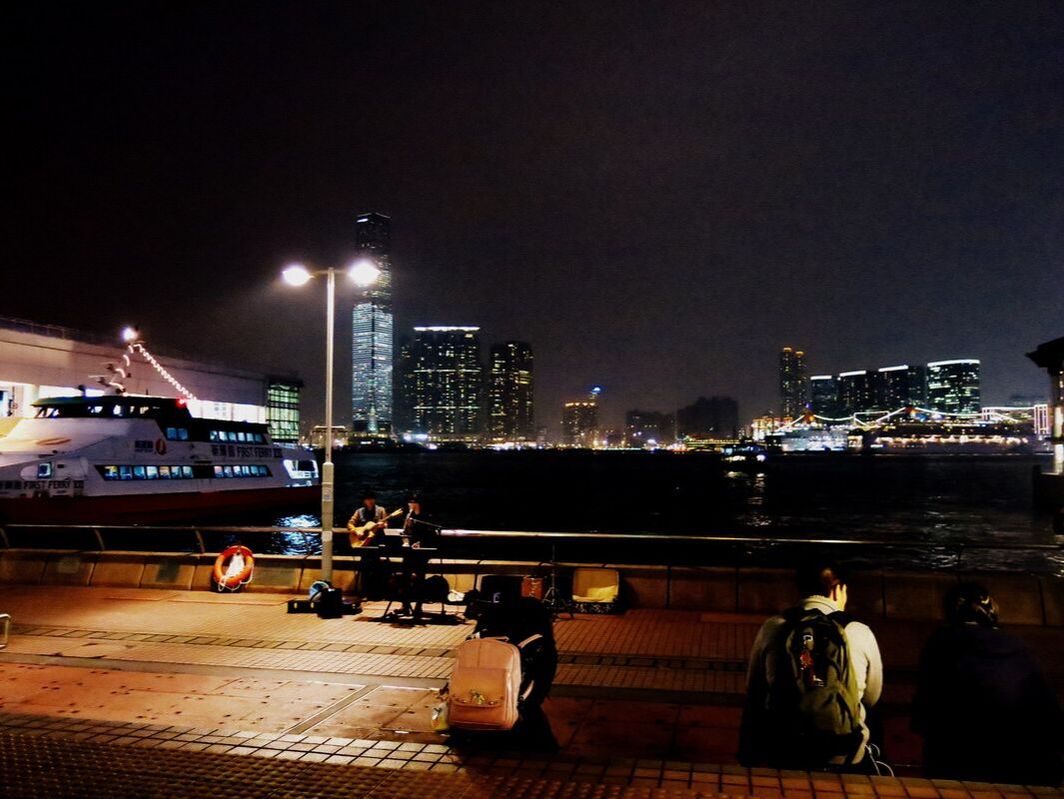|
|
|
‘Hong Konger is not a race; it’s a spirit’, claimed a group of ethnic minority advocates of protests against the now-shelved extradition bill and anti-mask law in Hong Kong. The dissociation of Hong Kong identity from race marks the blurring of cultural boundaries between those who are racially Chinese and those who are not. Hong Kong’s political climate appears to play a prominent role in forging a collective identity.
Such an identity claim reflects ethnic minorities’ fulfilled desire to be recognised as Hong Konger like the rest of local Chinese people. My co-authored Identities article with Sivanes Phillipson, 'Bordering on sociocultural boundaries and diversity: negotiating Filipino identities in a Hong Kong multi-ethnic school', presents a relevant scenario in an education setting that speaks to the identity tensions amongst minority groups.
Multi-ethnic schools in Hong Kong have been sites where young people from ethnic families negotiate their ethnic identities and belonging. These multi-ethnic schools have traditionally admitted Pakistani, Indian, Filipino and Nepalese students, due to a funding arrangement that aimed to provide focused support for Chinese language learning for ethnic students. The greater number of ethnic minority students that attended these schools, the greater financial support these schools would receive. However, the effects of these arrangements amounted to racialised segregation because of the limited intercultural contact with their Chinese counterparts (Shum et al. 2012).
Our study illustrates how ethnic identity negotiations of Filipino students foregrounded school ethos and expectations that explicitly valued cultural diversity, while hoping that students acquire the Chinese language to fit into Hong Kong’s wider society. There were, on the one hand, moments when the Filipino students felt very safe and respected in their multi-ethnic school because of their teachers’ commitment to teaching ethnic minority students. Thus, playing music and speaking Tagalog with peers were important conduits for them to make sense of who they were as Filipinos in their school. On the other hand, however, these students experienced challenges in learning Cantonese — the lingua franca in Hong Kong — including writing and reading Chinese, especially when this expectation was reinforced by the school and public examination. Long-term residents in Hong Kong who are not ethnically Chinese are usually upfront about their status as Hong Kong locals, despite the occasional language barrier. These residents include Hong Kong-educated Filipino youngsters who were born and/or raised in Hong Kong. Parents of these Filipino youngsters typically migrate to Hong Kong as industry professionals, such as musicians, engineers and architects, among others. However, these youngsters constitute a small fraction of the Filipino population in Hong Kong, as the majority of Filipinos in Hong Kong work as domestic workers. Yet, these youngsters often come to mind when talking about Filipinos in the city (at times in stereotypical ways) who constitute the largest and most visible ethnic population. As domestic workers’ occupational status does not enable them to acquire permanent residence in Hong Kong, these youngsters who reside in the city permanently express identities vastly differently from domestic workers who eventually go back to the Philippines for good. Although the study was conducted before the 2019 Hong Kong protests, its implications invite new questions about the emerging identity politics in Hong Kong:
If being a Hong Konger is a spirit, then this would be an evolving intellectual pursuit of understanding the changing bounds of what constitutes ‘real’ Hong Kong people, and responding to such in ways that transcend limiting and binary identity expressions (e.g. Chinese vs. non-Chinese). Reference: Shum, M., F. Gao & W. W. Ki. 2016. School desegregation in Hong Kong: non-Chinese linguistic minority students’ challenges to learning Chinese in mainstream schools. Asia Pacific Journal of Education 36: 533–544.
Blog post by Jan Gube, The Education University of Hong Kong, China
Read the full article: Gube, Jan & Phillipson, Sivanes. Bordering on sociocultural boundaries and diversity: negotiating Filipino identities in a Hong Kong multi-ethnic school. Identities: Global Studies in Culture and Power. DOI: 10.1080/1070289X.2019.1671678
0 Comments
Your comment will be posted after it is approved.
Leave a Reply. |
|
Explore Identities at tandfonline.com/GIDE |
|
The views and opinions expressed on The Identities Blog are solely those of the original blog post authors, and not of the journal, Taylor & Francis Group or the University of Glasgow.

